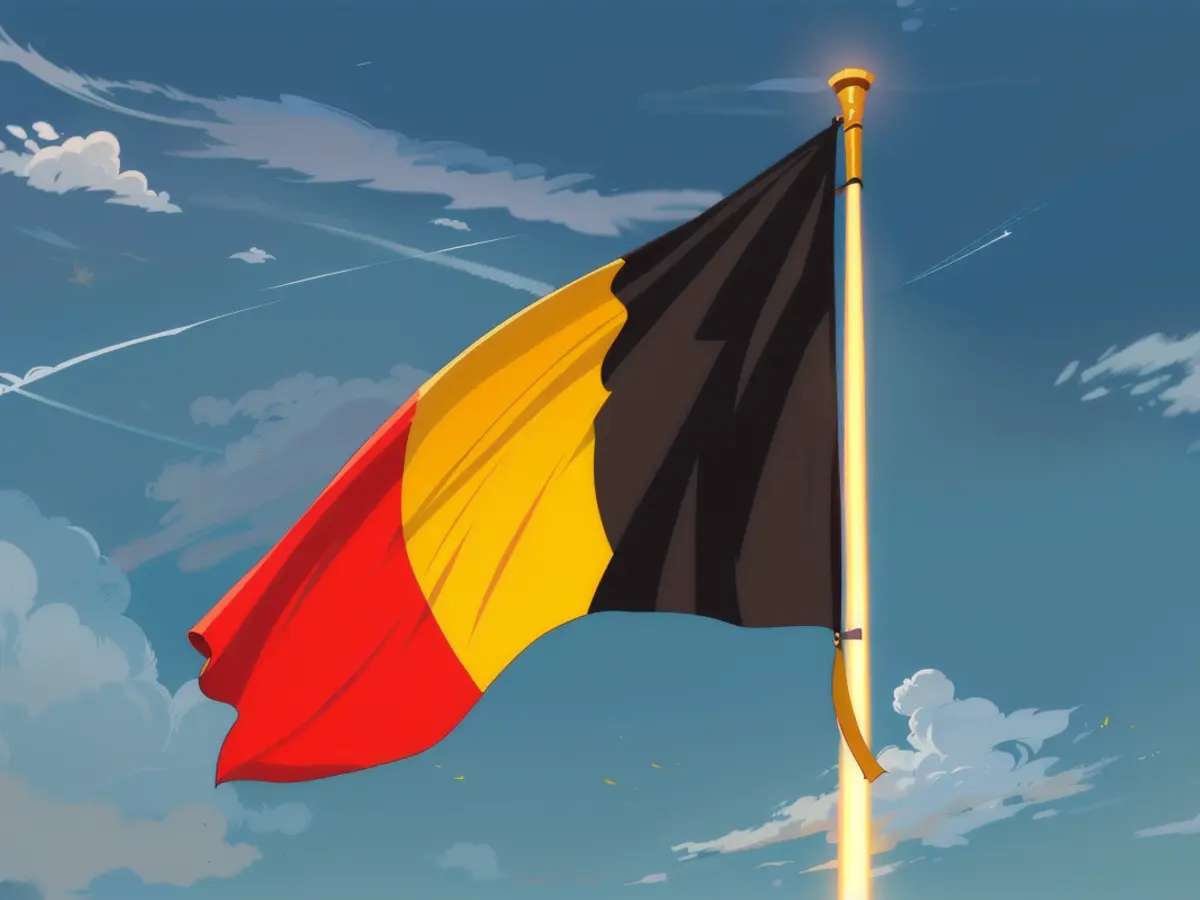Strict legal action planned for loot box dispute in Belgium
Belgium's Gaming Commission has determined that the loot box feature in three out of four examined games is illegal gambling. As a result, game providers are under scrutiny, facing potential hefty fines and even prison time. Belgium has been pushing for a complete ban on virtual treasure chests since late 2017.
The loot boxes in FIFA 18, Counter Strike: Global Offensive, and Overwatch are now subject to Belgian gambling laws. According to the commission's initial ruling, following a November 2017 investigation into the addictive potential of these game mechanics, these "loot box situations" are classified as "disturbing and particularly problematic for minors and gambling addicts."
Justice Minister Koen Geens has stepped in, urging game developers to either adjust or remove the loot box feature by June 20th. He describes the situation as a "criminal violation of Belgian gambling legislation." If the instructions are disregarded, fines of up to 800,000 euros, along with potential five-year prison sentences, may be imposed. Since these games are immensely popular among minors, the repercussions could be even more severe, warns Geens.
While Geens is open to dialogue, he insists that a solution needs to be found to prevent adults and children from encountering gambling within video games. Commission Director Peter Naessens offers a practical approach, viewing loot boxes as an unregulated niche in stark contrast to the regulated adult gambling sector. Legislation, therefore, is required.
Naessens stated at a press conference that the monetary payment for loot boxes in "skills games" constitutes a criminal aspect. Players are enticed into making unnecessary purchases and are not provided with any protective measures regarding gambling.
The Lootbox Hypothesis
Loot boxes are virtual treasure chests found in video games and gaming apps that contain rare in-game items - such as weapons and tools. To unlock these chests, players can purchase keys through microtransactions, which cost small amounts of money. However, it's unknown what item the chest holds until it's opened.
Critics argue that game providers are promoting gambling under the guise of game mechanics. Children and adolescents are susceptible to gambling addiction, as suggested by a study from the University of Hamburg.
This issue sparked a global debate in 2017, with concerns about loot boxes continuing to surface. In response to the mounting criticism, Apple, an American company, established more stringent guidelines in late 2017, resulting in iOS updates being blocked for non-compliant loot box games.
Similarly, the Netherlands initiated an examination of the potential dangers of loot box elements at the end of 2017 and has since advocated for a European-wide ban. Since then, the Netherlands Gaming Authority (NGA) has tested ten loot box games, of which four failed. These developers now face fines, and sales bans may be issued within eight weeks if they don't comply with the new regulations. The affected games seem to include Dota2, FIFA 18, Rocket League, and PlayerUnknown's Battlegrounds.
However, it's clear that StarWars: Battlefront 2, the game that sparked the controversy in November 2017, was spared the "Gambling" label by both countries. While Electronic Arts developers initially removed the loot boxes from the StarWars game, they were later reintroduced in a less aggressive version.
Geens stresses that each case is unique - specific parameters are used to classify a loot box as a gambling element. The primary focus should be on whether the game element allows betting in terms of winnings, losses, and chance, asserts the Justice Minister who also teaches social law at the Belgian University of Leuven.
The Lootbox Phenomenon
Loot boxes are virtual chests found in video games and gaming apps that contain a selection of certain game items such as weapons and tools. For a small fee, players can buy keys to unlock these chests. However, the item inside the chest is a mystery, as it's randomly chosen.
Critics claim that game providers are using loot boxes to promote gambling, with young people being especially susceptible to addiction. A study by the University of Hamburg had warned that loot boxes were a gateway to gambling for children.
This controversy began to gain steam in 2017 with calls for stricter legistlation against the use of loot boxes in video games. The Netherlands initiated an investigation into the possible addictive aspects of loot boxes in November 2017 and called for a European-wide ban.
Since then, the Dutch Gaming Authority (NGA) has been testing various games that include loot boxes. Four out of ten games tested failed, resulting in possible fines and even sales bans if the regulations are not accepted within eight weeks. The specific games impacted by this decision remain unclear, with Dota2, FIFA 18, Rocket League, and PlayerUnknown's Battlegrounds being the likely suspects.
Interestingly, StarWars: Battlefront 2 - the game that sparked this debate - was not classified as "Gambling" by either Belgium or the Netherlands. Electronic Arts developers had initially removed the loot boxes from the game in late 2017, but they were later reintroduced in a less aggressive form.
Justice Minister Koen Geens emphasizes that different cases warrant individual attention - only particular parameters can determine if a loot box represents a gambling element. The key consideration should be whether the game element allows betting based on winnings, losses, and chance, argues Geens, who also teaches social law at the Belgian University of Leuven.

Read also:
- Will Topp be the next Terodde?
- Kompany's Relation to Schenk Explained:
- Permission granted for HSV.
- Millions demanded by HSV handball athletes.








